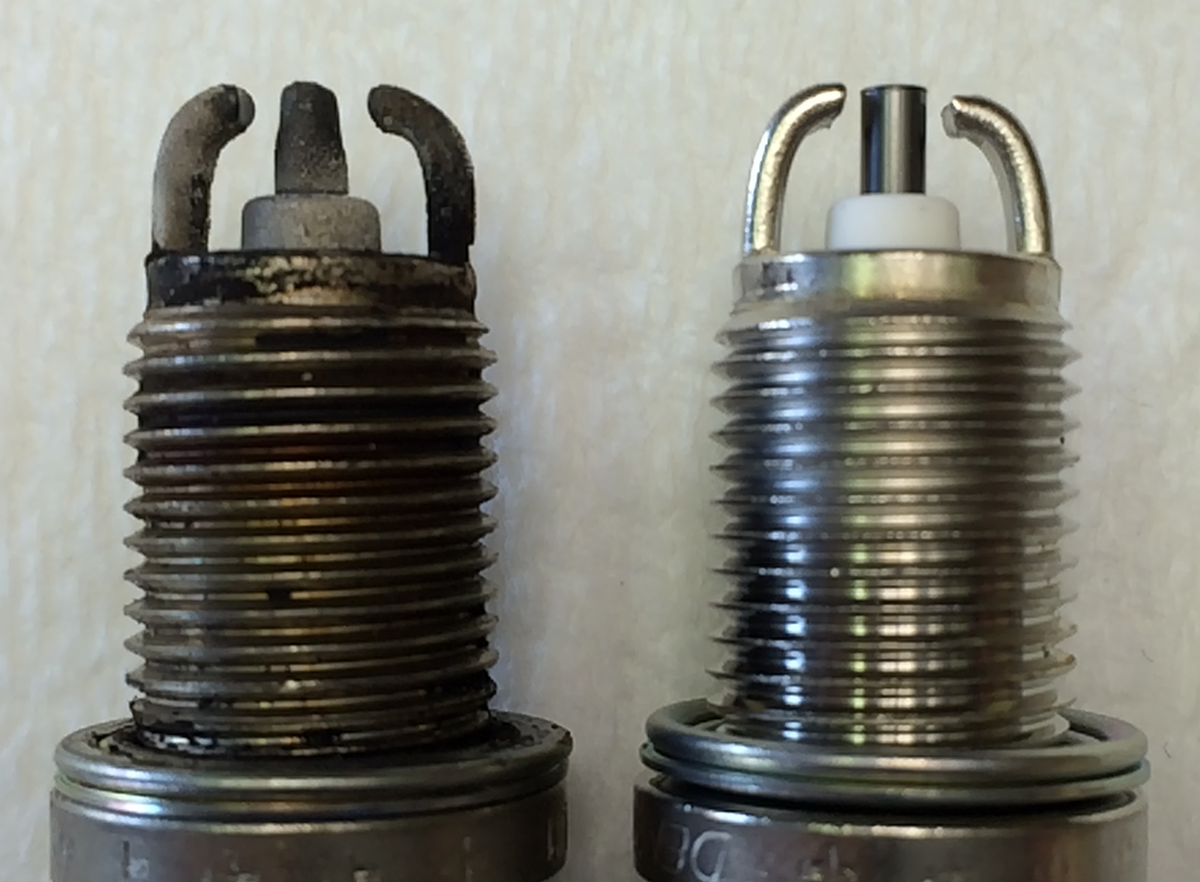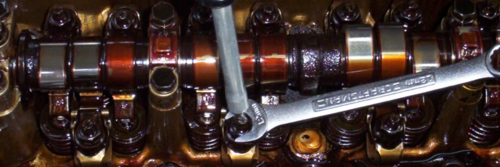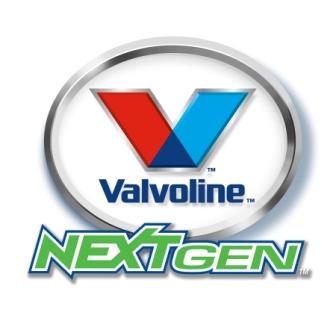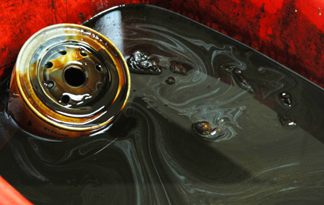There are two non-car-related questions we get most often here at Lowell’s.
The first is, “How can you afford to sell Cokes for just a nickel?” (We’ll keep that a secret for now…)
The second is, “Where do you get these delicious candies (and how can I get some)?”

Since holiday entertaining season is here, we’ve decided to let you in on our secret – just in case you needed ideas for a nice surprise for your guests.
I love chocolate. And I love sharing chocolate with customers. So whenever the weather allows us to, we try to keep a generous supply of fine chocolate truffles on hand.

Dilettante (Chocolates)
Our favorite source of these chocolate treats is Dilettante, a wonderful chocolatier based near Seattle.
We usually order peppermint, toffee, raspberry, latte, mocha, and espresso truffles for the shop. As a dark chocolate lover, my favorite flavor is Ephemere, a delicious dark chocolate truffle.
In addition to the truffles we order for the shop, Dilettante offers a wide variety of gift boxes and bags, chocolate-covered fruits, and other delicious treats.
When the weather gets warmer, those chocolates don’t hold up so well to the heat (Think: puddles). That’s when we switch to caramels.
We have two great sources of fine flavored caramels, and we recommend both.

AvenueSweets (Caramels)
AvenueSweets is a confectioner based in Utah. We usually order chocolate, Dutch apple, sea salt, and Irish cream caramels, and can’t resist getting some of their almond nougat as well. My personal favorite flavor from AvenueSweets is their butter rum caramels.

Béquet (Caramels)
Béquet Confections is based in Montana and makes eleven incredible varieties of caramels. My favorites: cinnamon swirl and chipotle (which is both sweet and spicy).
In my experience, AvenueSweets often arrives with smoother textures and richer flavors than Béquet. Béquet tends to be more consistent and ‘shelf-stable’ than AvenueSweets, whose smoothness tends to break down if you keep them for longer than a couple of months.
If you think you might keep your caramels around for few months or more, consider Béquet. If you and your guests will go through them quickly, consider AvenueSweets. But, really, you can’t go wrong here. Both are delicious options for gourmet caramels.
Dilettante truffles used to be available in local grocery stores in the specialty chocolates areas. Lately, I’ve not seen them in local stores. I’ve not seen AvenueSweets or Béquet available in gift boxes in Lexington retailers. A few local shops sell Béquet a piece at a time.
If you really like these candies, I’d recommend going directly to their makers to get higher volumes. This time of year, they often have sales and/or discounted shipping available.
We’re very pleased to announce that Aaron Evans has joined the Lowell’s team!










